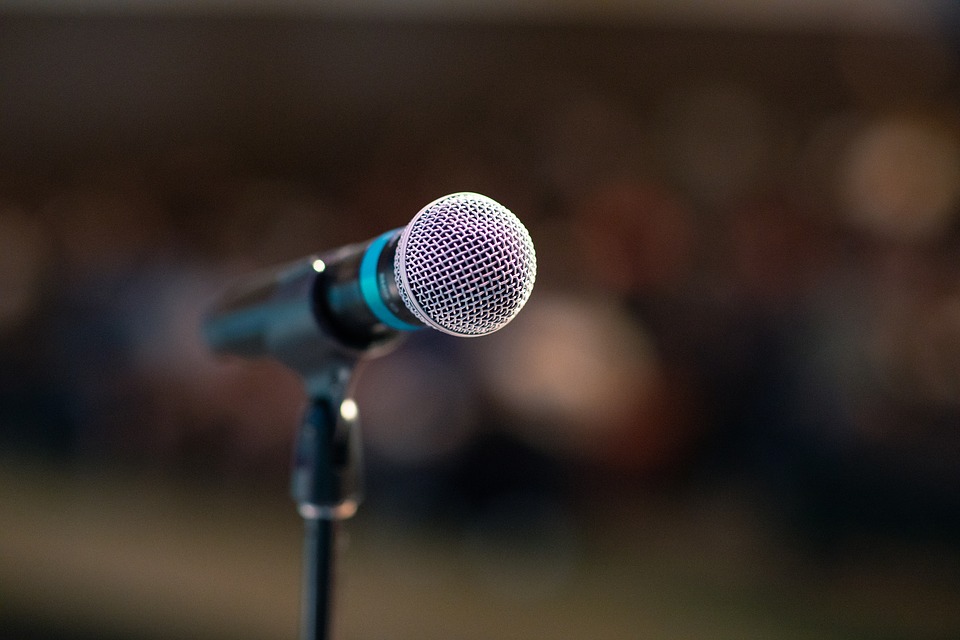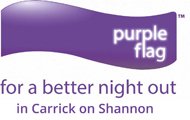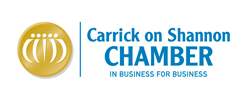
So you’ve been given the special position of being a maid of honour at the wedding of one of your closest friends or family members and are gearing up to deliver the speech of a lifetime. But what do you say? Perhaps more importantly, what do you not say?
Well don’t panic, because we’ve put together a few top tips to ensure that your toast to the happy couple is memorable for all the right reasons.
Always Plan Ahead
Giving yourself enough time to prepare is key. Don’t procrastinate and put off writing your speech until the last minute because it is highly likely you will need to work through several drafts before you are happy with the final result. If you’re not sure where to start, it’s worth thinking about the particular qualities you value in the bride and groom, as well as any special moments and occasions you have shared with them.
Introduce Yourself
Starting your speech with a brief introduction will prevent some of the guests from spending the first few minutes quietly asking those around them who you are. Giving a little explanation of your relationship to the bride will also help to give the rest of your speech context and ensure that everyone is fully engaged. If you’ve got a great opening joke, humour can be an excellent way to get your audience on your side, but remember that forced jokes will always have the opposite effect.
Think About Your Audience
Who will you be delivering your speech to? Are the bride, groom and wider audience going to appreciate some light-hearted humour, or will they appreciate a more sentimental and heartfelt speech? You need to feel comfortable delivering your speech and if there is anything that you would feel awkward saying in front of your own parents, it’s probably a good idea not to include it.
Give Thanks
A lot of time, money and effort goes into planning a wedding so it is a great idea to thank everyone who has contributed to making the celebration possible. This will also give the guests the opportunity to clap as a mark of their appreciation.
Avoid Generic Praise
It can be all too easy to rely on clichés and while the bride almost certainly looks beautiful and might have an excellent sense of humour, this kind of praise doesn’t have as much heart as sharing anecdotes and memories that really bring the bride’s character to life.
Dust Off Your Storytelling Skills
Stories resonate and often stick with us for a long time. If you’ve got a really great story about the bride and groom, tell it! So, for example, if you want to share how much you have appreciated the bride’s friendship, tell a story that highlights something special that she did for you or someone close to you.
But, Don’t Make Your Speech All About You
Yes, your stories should share the times you have spent with the bride, but nobody wants to sit through a speech from a maid of honour who is making it all about herself, whether it is intentional or not. Your main priority should be to share exactly why you love the happy couple and are honoured to be there celebrating their union.
Avoid All Mention of Exes
You might have a suitcase full of hilarious stories involving various exes but this really isn’t the time to bring them up. There is a time and a place to share those stories and a wedding reception where you have the attention of all the guests is not it!
While we’re on the subject of things to avoid, another top tip is to avoid relying on inside jokes. Something might make you and the bride laugh until you cry, but if it’s a case of ‘you needed to be there to really appreciate the story’ it simply won’t have the same impact on your audience.
Keep it Short and Sweet
The best speeches leave people wanting more. If you spend too long talking, you will eventually start to lose the attention of your audience. Start and finish with a memorable sentence or two and you are certain to capture and hold the attention of everyone in the room for a few minutes.
Practice Makes Perfect
The more you practise reciting your speech aloud before the big day, the more polished it will sound when you stand up to deliver it for real. You might also find it helpful to record yourself to get a clearer idea of your tone and pacing. It might seem slightly awkward at first, but the more you run through your speech, the easier it will be when it really counts.
Memorising your speech will give you an added confidence boost and rehearsing it in front of a few friends will also give you a good idea if your jokes really generate the laughter that you are hoping for.
Worrying about your best man’s speech? Well check out our guide to the ultimate best man’s speech on our blog.


